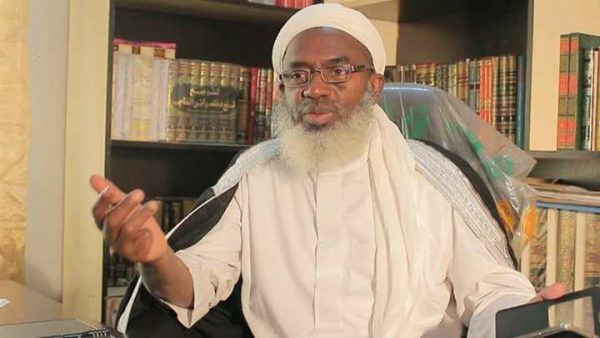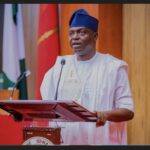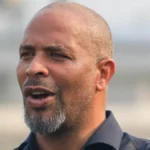Gumi Alleges Trump’s Threats on Nigeria Linked to 2027

Prominent Islamic cleric, Sheikh Ahmad Gumi, has criticised the decision of U.S. President, Donald Trump to place Nigeria on a religious-freedom watch list, describing the move as politically motivated and tied to Nigeria’s 2027 general elections.
Trump’s administration recently designated Nigeria as a “Country of Particular Concern” (CPC) over alleged persecution of Christians and recurring attacks by extremist groups.
The decision, announced in Washington, was based on reports from advocacy organisations claiming that Christians in northern Nigeria face systematic violence from Islamist militants.
Reacting through a statement on his social-media page, Gumi dismissed the allegations as exaggerated and politically inspired.
According to him, the decision is not about religion but part of a broader agenda to influence Nigeria’s political climate ahead of the 2027 polls.
“All the bluff is about 2027,” the Kaduna-based cleric wrote, accusing some “unpatriotic clerics” and foreign actors of fueling narratives of religious persecution for personal and political gain.
Gumi argued that the United States should focus on addressing its internal issues rather than dictating the terms of Nigeria’s security challenges.
He maintained that the conflicts in the country are largely driven by socio-economic and ethnic factors, not religious persecution as portrayed abroad.
“The U.S. is not in the best position to lecture Nigeria on human rights or religious tolerance. What we are facing here is a mixture of poverty, politics, and corruption — not a holy war,” he said.
The cleric’s reaction has drawn mixed responses across the country. Some Nigerians share his view that the designation is part of international pressure with political undertones, while others believe it reflects legitimate concerns about the country’s handling of religious violence and human-rights abuses.
Observers say Gumi’s remarks reflect a broader unease among northern elites who view the U.S. listing as an attempt to interfere in Nigeria’s internal affairs.
They also point to the growing tension between religious identity and political competition ahead of the 2027 elections, as politicians begin to realign across regional and sectarian lines.
For now, Gumi’s statement adds another dimension to the debate, framing the issue not as a question of human rights, but as part of a deeper political game that may shape the tone of Nigeria’s approach to both foreign policy and domestic politics in the years leading to 2027.









